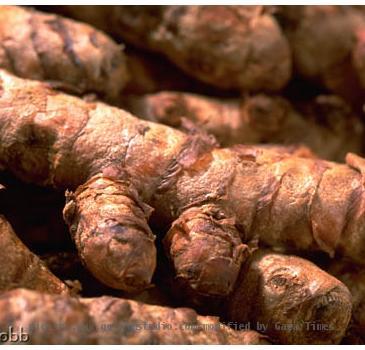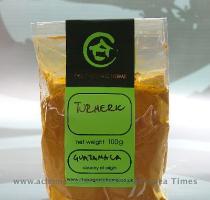Turmeric could prevent liver damage
By ANISaturday, October 30, 2010
WASHINGTON - A new Saint Louis University study has revealed that a chemical that gives curry its zing holds promise in preventing or treating liver damage from an advanced form of a condition known as fatty liver disease.
The chemical, curcurmin, is contained in turmeric, a plant used by the Chinese to make traditional medicines for thousands of years.
The recent study has highlighted its potential in countering an increasingly common kind of fatty liver disease called non-alcoholic steatohepatitis (NASH).
“My laboratory studies the molecular mechanism of liver fibrosis and is searching for natural ways to prevent and treat this liver damage,” said Anping Chen of Saint Louis University.
“While research in an animal model and human clinical trials are needed, our study suggests that curcumin may be an effective therapy to treat and prevent liver fibrosis, which is associated with non-alcoholic steatohepatitis (NASH),” said Chen.
High levels of blood leptin, glucose and insulin are commonly found in human patients with obesity and type 2 diabetes, which might contribute to NASH-associated liver fibrosis.
Chen’s work has tested the effect of curcumin on the role of high levels of leptin in causing liver fibrosis in vitro, or in a controlled lab setting.
“Leptin plays a critical role in the development of liver fibrosis,” he said.
High levels of leptin activate hepatic stellate cells, which are the cells that cause overproduction of the collagen protein, a major feature of liver fibrosis.
The researchers found that among other activities, curcumin eliminated the effects of leptin on activating hepatic stellate cells, which short-circuited the development of liver damage. (ANI)

